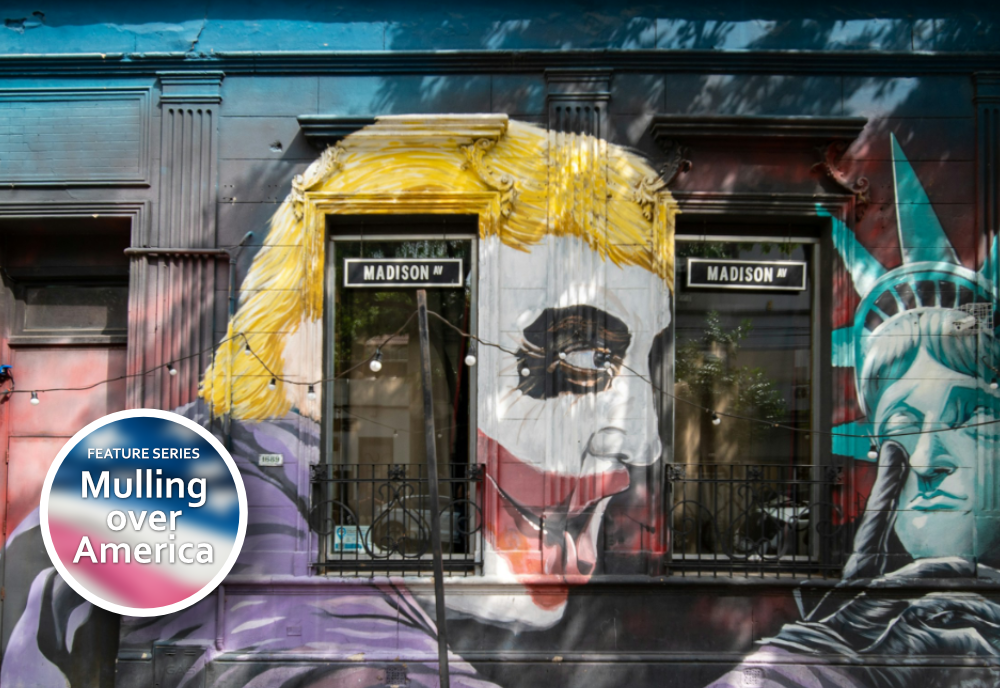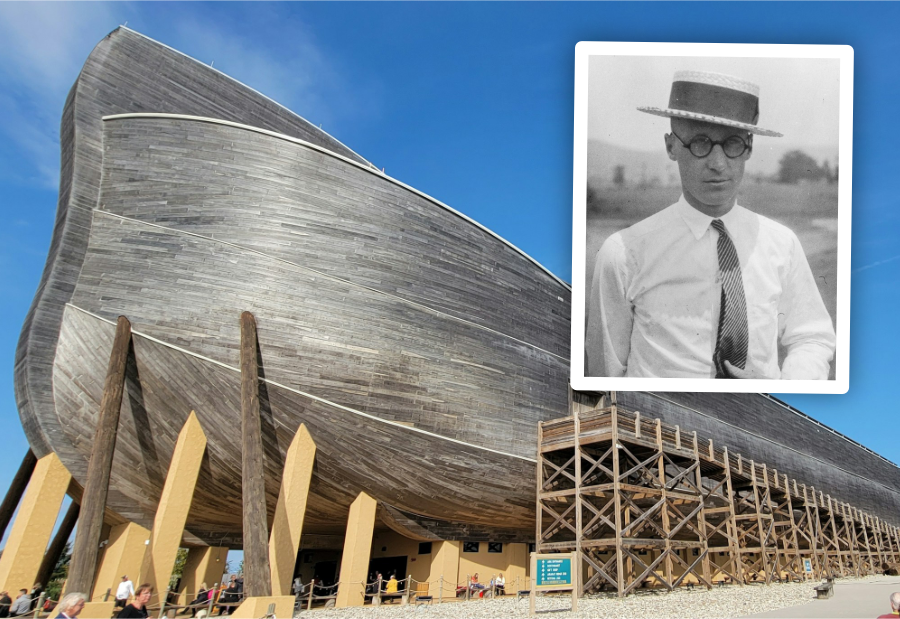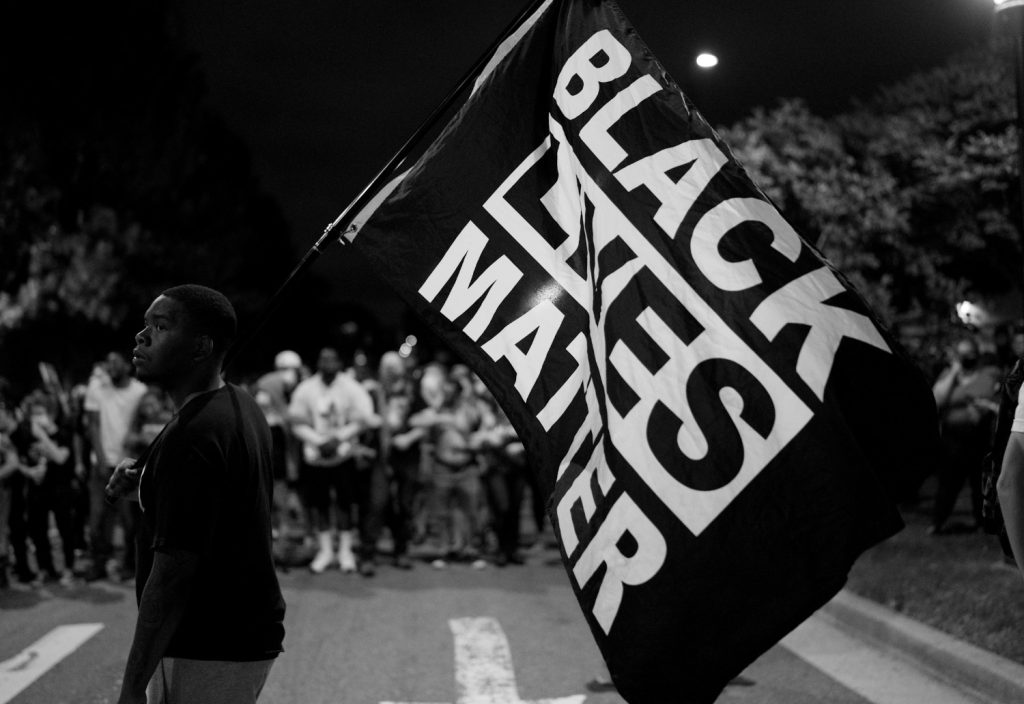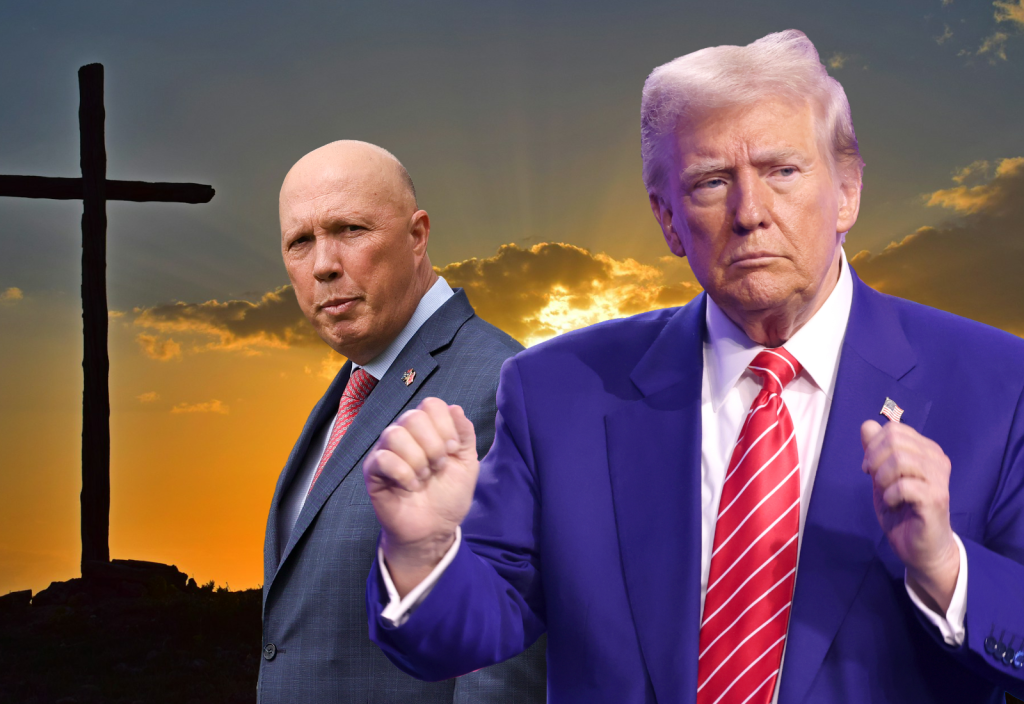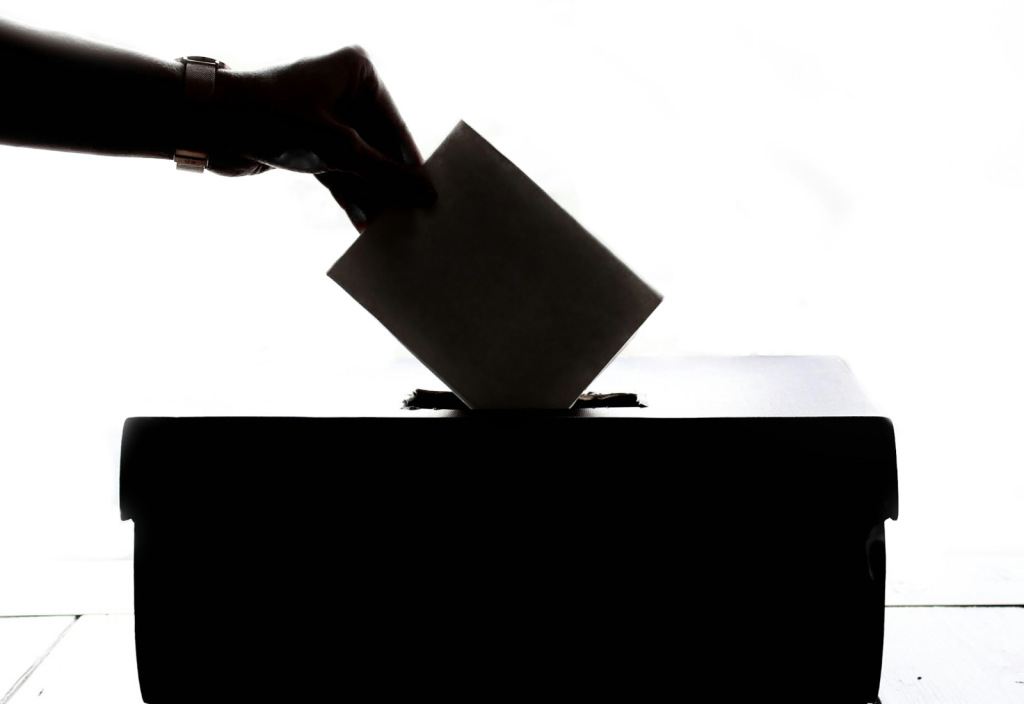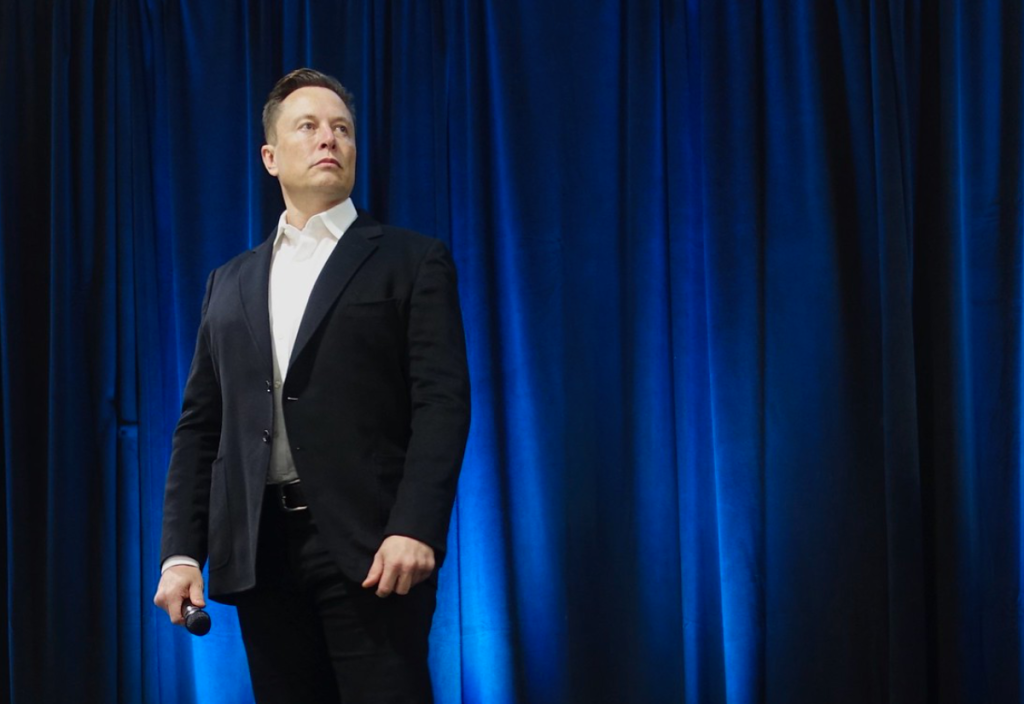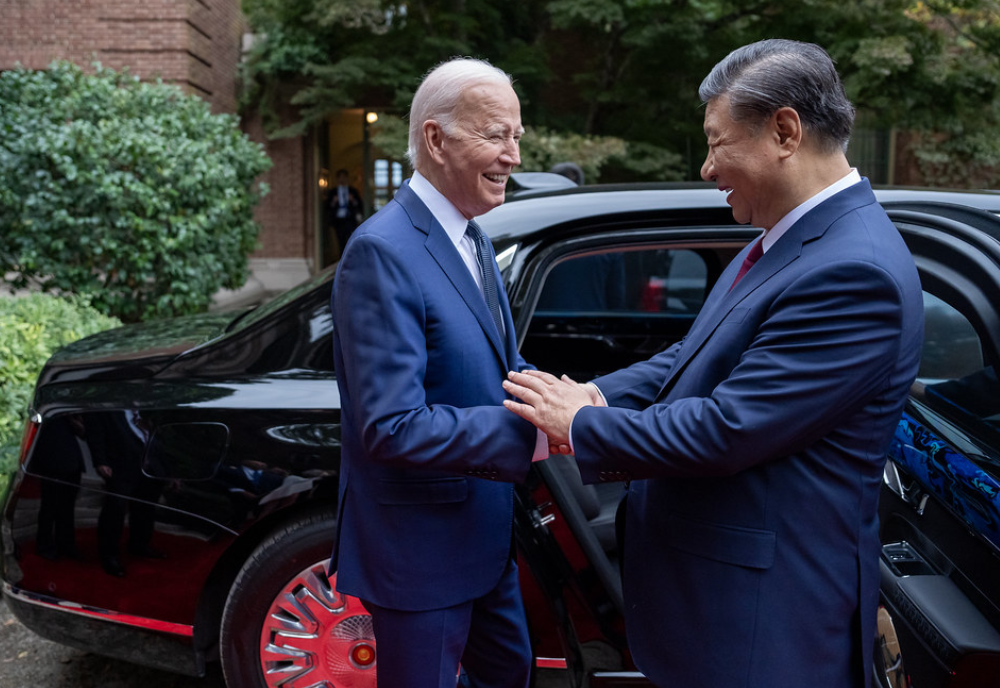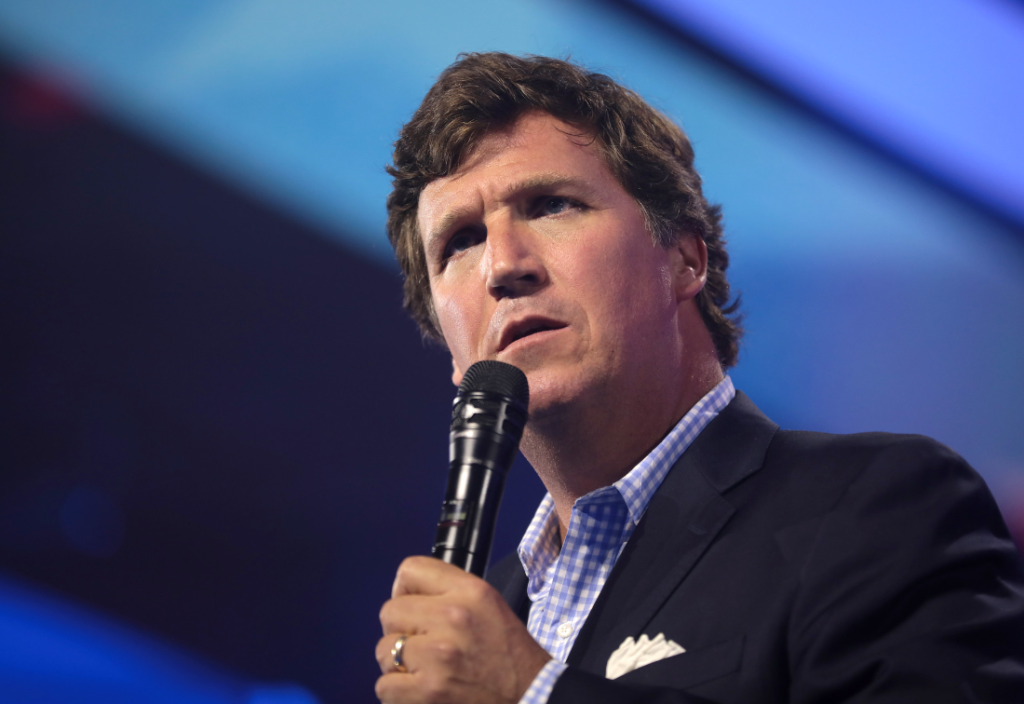This article is part of our ‘Mulling over America’ feature series, with contributors providing Rationalist perspectives on what is happening in the United States. If you would like to contribute to the feature series with an article or respond with a Letter to the Editor, find out how to here.
It is not surprising that the prospect of a second Trump presidency is causing deep concern among many Americans and America’s allies around the world.
In the White House, Donald Trump debauched and degraded the great office he occupied and disrupted the global web of security alliances that defend the strategic interests of Western liberal democracies.
Afterwards, most shamefully, he refused to accept electoral defeat in 2020 and stage-managed an insurrection in 2021 that saw a violent mob storm the Capitol building in Washington DC.
Now, in another election year, and despite ongoing legal battles, Trump seems set again to be the Republican candidate to challenge the increasingly fragile President Joe Biden. Trump has a strong chance of ousting Biden from the Oval Office.
The democratic world’s anxiety is escalating because Trump is an unreconstructed isolationist, an authoritarian demagogue, a populist liar who is contemptuous of the rule of law at home and abroad and who is unconstrained by treaty obligations to alliance partners. He has shown himself willing to rampage through the increasingly contested US and global political environments. He is an America Firster who will deal cheerfully with murderous competitors like Russia’s Vladimir Putin and North Korea’s Kim Jong Un, regardless of consequences to US and allied interests.
While this is all deeply troubling, there may be some reassurance in lessons from America’s deeply divided response to Trump’s activities and from the country’s political history.
Firstly, it does seem that the American legal system, state and federal, is standing defiant against Trump and his followers, despite Trump’s false claim that he is the victim of political persecution.
Substantial financial and other penalties have been imposed on him, and there are more court cases to come. Many of Trump’s insurrectionists have been gaoled. The courts may yet put an end to what is a sustained assault on democracy, despite the conservatism of the Supreme Court.
Second, and perhaps more importantly, Trump might destroy himself. His supporters seem to be blindly uncritical believers in his demagogic exploitation of popular prejudices and lies, his histrionic rhetoric and vulgar abuse, his barely concealed support for white supremacy, and his contemptuous rejection of the values, norms and conventions of liberal democracy.
But, in the tumult orchestrated by Trump and his supporters, it is easy to overlook that American political, religious and social life is littered with the ghosts of demagogues who whipped up and exploited the passions of Americans to advance their religious, political and social agendas.
In fact, the problem of demagogues preoccupied America’s founding fathers before the republic was created. The authors of the Federalist Papers, written by Alexander Hamilton, John Hay and James Madison in 1787 and 1788 in support of ratification of the US Constitution, recognised that democracy would spawn demagogues and proposed measures to suppress them. They were not successful.
By 1838, Alexis de Tocqueville observed in his classic Democracy in America:
The Americans, who almost always preserve a staid demeanor and a frigid air, nevertheless frequently allow themselves to be borne away, far beyond the bounds of reason, by a sudden passion or a hasty opinion and sometimes gravely commit strange absurdities.
Those words capture precisely the effect of demagoguery on receptive populations observed by de Tocqueville. They also describe the nature of Trump’s popular support.
In the 17th, 18th and 19th centuries, America experienced three ‘great awakenings’ – religious revivals driven by charismatic fire-and-brimstone preachers whose pitch to the unwary and gullible was a powerfully demagogic theology of born-again salvation.
The influence of their descendants remains in the posturing hot-gospellers whose vast church theatres and banal rhetoric continue to attract and milk dollars from TV audiences in the US and Australia.
One notable 20th-century victory for American demagogues was the imposition of prohibition on alcohol use from 1920-1933. Prohibition was introduced and later repealed by amendments to the US Constitution.
After a long history of political and social pressure, the alcohol ban campaign in 1920 was led by the Women’s Christian Temperance Union and the Anti-Saloon League. It was a gold mine for organised mafia crime and resulted in thousands of ruined lives. So much for what was touted as “the noble experiment”! The country came to its senses after 13 years of misery.
The approach of war in the mid-1930s revealed the powerful demagoguery of the America First isolationists who wanted to keep the US out of war in Europe. The America First Committee (AFC) claimed 850,000 members and socially powerful leaders; the German-American band had an estimated 20,000 members and was led by Nazi criminals. Their efforts frustrated President Roosevelt’s efforts to help the UK withstand Hitler’s onslaught, until Japan attacked Pearl Harbor in 1941.
Donald Trump would doubtless feel blessed if he had supporters of the calibre of the AFC behind him. Sears Roebuck president General Robert Wood was the national president. Rising Yale University luminaries included Kingman Brewster and Avery Brundage. But the star was the AFC national spokesman Charles Lindbergh, the trans-Atlantic aviation pioneer and national hero. Lindbergh was a white supremacist anti-Semite, and his speeches in praise of Hitler’s Germany outraged FDR, who was convinced that Lindbergh was a Nazi.
…it is easy to overlook that American political, religious and social life is littered with the ghosts of demagogues who whipped up and exploited the passions of Americans to advance their religious, political and social agendas.
After the Japanese attack on Pearl Harbor, Lindbergh changed his tune and flew more than 50 combat missions for the US bringing down one Japanese fighter. But his pro-Nazi past haunted him until he died quietly aged 78 in Hawaii in 1974 without recanting or regretting his Nazi sympathies.
No less important was the emergence from the mid-1930s of the powerfully demagogic Father Joseph Coughlin, the so-called “radio priest”. A Lindbergh admirer, Coughlin’s antisemitic broadcasts attacked American democracy. Supporting German and Italian fascism attracted up to 30-40 million listeners in the late 1930s. Donald Trump would doubtless envy Coughlin’s popularity and propaganda achievements as he railed against democracy.
After the outbreak of war, Roosevelt forced the cancellation of Coughlin’s radio program and newspaper, and the priest was returned to parish pastoral duties by the church hierarchy. His death at 88 in 1979 attracted only limited attention. The ranting radio priest had vanished, largely forgotten, from American airwaves.
A detailed account of the rise and fall of AFC, Lindbergh, Coughlin and their followers can be found in Marc Wortman’s 1941 (Atlantic Books, 2016). There were, of course, many other local demagogues who prompted Americans, in de Tocqueville’s phrase, to gravely commit strange absurdities. Two are worth mention.
Huey ‘The Kingfish’ Long, governor of Louisiana from 1928 until 1932 and senator until his assassination in 1935, was a fascistic Left-wing Democrat who was widely denounced as a populist demagogue. He attracted national attention during the economic depression with his “share our wealth” plan. His planned bid for the US presidency ended with his murder.
A senior advisor to President Roosevelt described Long as “a major phenomenon”, while Father Coughlin and his supporters were “pygmies” compared with Long.
Then in 1950, the aggressively demagogic Republican Senator Joseph McCarthy claimed that hundreds of communists had infiltrated the State Department and other federal agencies. Anxious about the spread of international communism, millions of Americans were glued to televised hearings of a Senate committee where McCarthy accused hundreds of witnesses of holding communist beliefs.
After ruining careers and lives, McCarthy turned his attention to the US Army. It was his fatal mistake. He claimed, without evidence, that a junior Army lawyer had ties to a communist organisation. The senior Army lawyer, Joseph Welch, outraged, replied: “Let us not assassinate this lad further, Senator. You have done enough. Have you no sense of decency?”
Following Welch’s angry words, the scales fell from America’s eyes. McCarthy’s national popularity and public obsession with his anti-communist campaign vanished. He died three years later aged 48.
These recollections of notable American demagogues do not predict the failure of Donald Trump’s current push to regain the presidency. But they do suggest that, one way or another, Americans eventually realise and abandon their propensity for gravely committing the strange absurdity of placing self-seeking demagogues in charge of their abiding national interests.
The Lindberghs, the Coughlins, the Huey Longs, the Joseph McCarthys and others like them have certainly damaged America’s interests and reputation, but their siren songs eventually lost their power to seduce. Donald Trump seems the perfect candidate for a similar fate, if history is any sort of rough guide to the fate of American demagogues.
It is too soon to predict how or when his star will burn itself out, and how seriously he might damage Western interests before he falls. Trump might destroy himself with his lies and vulgarity; he might be pushed by devastating criticism or satire; another demagogic charismatic might emerge to displace him.
Whatever Trump’s future, he would defy the trend of American history if his supporters did not eventually experience a moment of Damascus Road enlightenment, as they march behind him on his road to nowhere. Then he will stand naked, despised and abandoned in the political marketplace.
Men like Trump are inherently unstable because their authority is based solely on the power of their personal vision to persuade and seduce the moronic and the unwary. His key slogan ‘Make America Great Again’ is patently absurd. For all its faults and foolishness, the United States has not ceased to be great. It has just been prone at times to snake oil salesmen.
The great German political sociologist Max Weber identified the political charismatic as a person “carried away by his own demagogic success”. His authority rested entirely on the unstable support of his supporters in the belief of his claims. Weber warned this support “lasts only so long as the belief in its charismatic inspiration remains”.
That ultimately is Trump’s situation. The West has to hope that American belief in his inspiration fades sooner than later and before he inflicts further devastation on Western strategic interests.
Published 1 March 2024.
If you wish to republish this original article, please attribute to Rationale. Click here to find out more about republishing under Creative Commons.
Photo by Rod Long on Unsplash.

